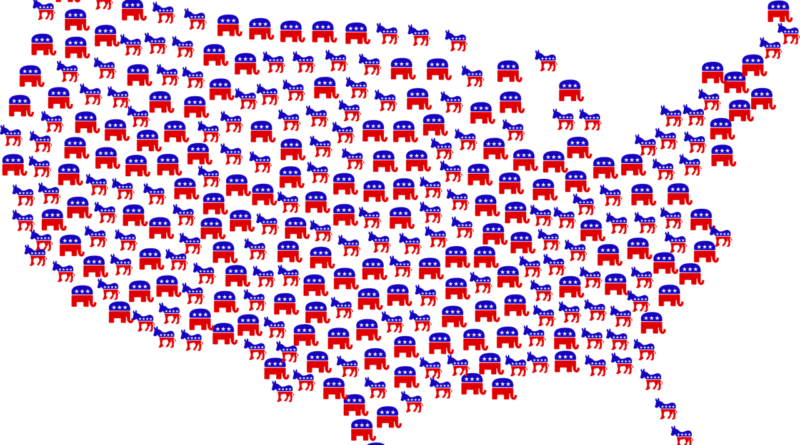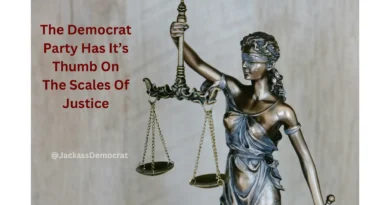What Is The Electoral College
What Is The Electoral College: Our Founding Father’s Design for a Balanced Republic
Introduction: The Basics
What Is The Electoral College. The United States Electoral College, a distinctive feature of the American electoral system, has been a subject of both support and criticism. Its origins lie in the careful deliberations of the Founding Fathers during the Constitutional Convention of 1787. This post delves into the history and rationale behind the creation of the Electoral College, shedding light on the Founders’ intentions and the enduring impact of their design.
- Choosing the President:
- The Electoral College is like a special group of people who help choose the President of the United States.
- Electors:
- There are 538 electors in total. They are like messengers chosen from each state.
- States Matter:
- Each state gets a certain number of electors based on how many senators and representatives it has in Congress.
- Big and Small States:
- This helps make sure that big states and small states all have a say in picking the President.
- Winning Electors:
- To become President, a candidate needs to win the majority of these electors, not just the most votes from people.
- State Votes:
- In most states, it’s like a race – whoever gets the most votes in that state wins all the electors from that state.
- 270 Magic Number:
- To win, a candidate needs at least 270 out of the 538 total electoral votes.
- Deliberate Decision:
- The Electoral College helps make sure that people who really know about the candidates make the final decision, not just everyone voting.
- Balancing Act:
- It’s kind of like a balancing act, making sure everyone’s voice is heard, big or small state.
- Unique to the USA:
- The United States is one of the few countries that uses the Electoral College to pick its leader.
Founding Fathers’ Vision:
The Founding Fathers were confronted with the challenge of devising a system that would elegantly balance the principles of democracy with the need to protect minority interests. The notion of direct popular election was considered, but concerns emerged about the potential for the majority to tyrannize the minority. The Founders, deeply influenced by classical political philosophy, sought to create a system that guarded against the dangers of unchecked majoritarianism.
Protecting Minority Interests:
What Is The Electoral College. One of the primary reasons for the creation of the Electoral College was to safeguard minority interests. The Founders recognized the importance of preventing populous states from dominating the election process and drowning out the voices of smaller states. By allocating electors based on the number of senators and representatives in Congress, the Electoral College ensured that each state had a proportional say in the selection of the President, regardless of its size.
Federalism and State Autonomy:
The Founders envisioned a federal system where both state and national interests were preserved. The Electoral College reflects this federalist approach by incorporating state autonomy into the presidential election process. Each state is granted the authority to determine its method of appointing electors, allowing for a diverse range of approaches that respect regional distinctions. This decentralization aligns with the broader philosophy of the Constitution, emphasizing the dual sovereignty of states and the federal government.
Information Constraints of the 18th Century:
During the late 18th century, direct communication and information dissemination faced significant challenges. The Founders were acutely aware of the limitations in terms of providing accurate and timely information to the general public. The Electoral College emerged as a mechanism to address these information constraints. By entrusting a group of informed individuals, the electors, with the final decision, the Founders sought to ensure a more deliberative and discerning process, guarding against the potential manipulation of an uninformed electorate.
The Deliberative Nature of the Electoral College:
What Is The Electoral College. Unlike a direct popular vote, the Electoral College encourages a deliberative approach to the election. Electors, typically chosen by state parties, are expected to exercise their independent judgment when casting their votes. This design was intended to prevent the election from being swayed by transient passions or popular whims. The Founders envisioned a thoughtful and considered selection process that would yield a President with the requisite qualities to lead the nation.
Contemporary Criticisms and Defenses:
While the Electoral College has stood the test of time, it has not been without controversy. Critics argue that it can lead to outcomes where the candidate with fewer popular votes wins the presidency. This has occurred in a handful of elections, sparking debates about the fairness and relevance of the system. Defenders of the Electoral College emphasize its role in fostering a diverse coalition of support, preventing candidates from focusing solely on densely populated urban areas.
What Is The Electoral College
In conclusion, the creation of the Electoral College by the Founding Fathers was a deliberate and thoughtful response to the complexities of ensuring a balanced republic. Their design aimed to reconcile the principles of democracy with the imperative of protecting minority interests and promoting federalism. Understanding the historical context and the Founders’ intentions sheds light on the enduring significance of the Electoral College in shaping the American electoral system. As debates surrounding its efficacy continue, the Electoral College remains a testament to the enduring wisdom of the framers of the U.S. Constitution.
Wake Up America, Before It’s Too Late !




